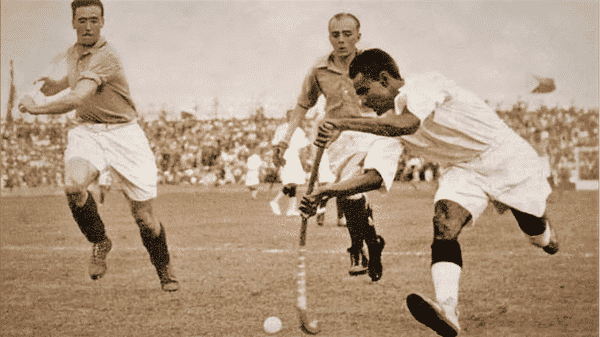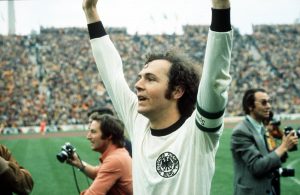Major Dhyan Chand Sports University’s foundation stone is all set to be laid on January 2 by Prime Minister Narendra Modi in a bid to increase sports infrastructure and training in the country. The institution is being named after India’s legendary hockey player Major Dhyan Chand, who earned Olympic gold medals for India in 1928, 1932 and 1936.
Here is all you need to know about the upcoming sports university:
-Major Dhyan Chand Sports University’s foundation stone is being laid in Uttar Pradesh’s Meerut in the Salawa and Kaili villages of Sardhana. The cost of the project is expected to be about Rs 700 crore, according to media reports.
Also Read: PM Modi to inaugurate Kanpur Metro rail project, to address students at IIT
-Multiple sports facilities, including the necessary infrastructure, will be built inside the premises of the university. These will include volleyball, gymnasium hall, a ground for basketball, swimming pool, handball and kabaddi, cycling velodrome, synthetic running stadium, football grounds, lawn tennis court and a multipurpose hall.
-According to media reports citing statements from the Prime Minister’s Office, Major Dhyan Chand Sports University will be equipped to train about 1,080 sportspersons at one time. The number will be equally split between male and female candidates.
Also Read: Centre asks states to ramp up vaccination efforts ahead of 2022 elections
Who was Major Dhyan Chand? Why is he important to India’s sports community?
Major Dhyan Chand, who was born on August 29, 1905, is still celebrated as one of the greatest sportspeople from India. His birthday is celebrated as the National Sports Day, when the President gives away awards recognising individuals from the sports fraternity.
He rose to popularity for two main reasons. Dhyan Chand, an ace hockey player, used to play for India before it got independence from the British. Hence, seeing an Indian beating Europeans at their own game was a matter of pride. Secondly, he managed to put India on an international platform after beating countries like the Netherlands, Germany and United States. He played 12 Olympic matches, scoring 33 goals.







